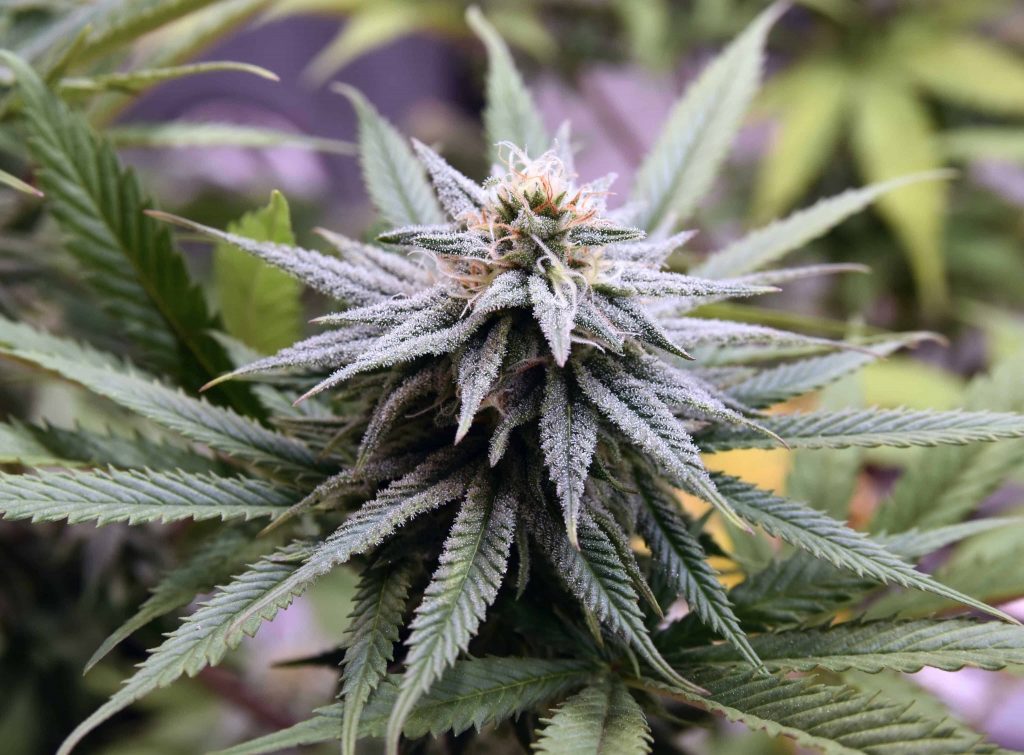
The U.S. Department of Justice (DOJ) announced in March that it was officially opening up an online portal to make it easier than ever for those who hold low-level cannabis convictions to apply for a pardon. Now the DOJ’s Office of the Pardon Attorney published a notice on July 18 stating that the deadline has been extended until August 15.
The Office of the Pardon Attorney wrote that it is submitting a request to extend pardon applications through 2026. “DOJ seeks PRA [Paperwork Reduction Act] authorization for this information collection for three (3) years,” it stated. “OMB [Office of Management and Budget] authorization for an ICR [Information Collection Request] cannot be for more than three (3) years without renewal. The DOJ notes that information collection requirements submitted to the OMB for existing ICRs receive a month-to-month extension while they undergo review.”
“The purpose of this collection is to gather information necessary to enable the Office of the Pardon Attorney, U.S. Department of Justice to expeditiously administer the provisions of the Executive Order 10467, a proclamation granting pardons to individuals charged or convicted of simple possession of marijuana,” the notice stated. “The collection will enable individuals to apply for certificates of pardon, restoring political, civil, and other rights by implementing a process to provide certificates of pardon as provided by the order.”
The DOJ expects 20,000 people to apply for a pardon and complete the necessary information, which includes personal information (name, mailing address, email address, and citizenship status) as well as individual docket and case number, the code section for the charge, copies of all relevant documents (such as indictments, complaints, or other conviction documents), and the date the sentence was imposed.
This pardon directive was enacted by President Joe Biden in October 2022. “As I’ve said before, no one should be in jail just for using or possessing marijuana,” Biden tweeted. “Today, I’m taking steps to end our failed approach.”
The DOJ explained in March what makes a person eligible for a pardon. “Those who were pardoned on Oct. 6, 2022, are eligible for a certificate of pardon,” the DOJ wrote in a press release. “Consistent with the proclamation, to be eligible for a certificate, an applicant must have been charged or convicted of simple possession of marijuana in either a federal court or D.C. Superior Court, and the applicant must have been lawfully within the United States at the time of the offense.”
Following Biden’s pardon announcement, the U.S. Sentencing Commission announced that more than 1,450 people in Arizona with federal cannabis possession charges would be pardoned. The only state to receive more pardons is California, with 1,550 eligible people. However, the pardons do not affect those whose convictions include selling cannabis illegally.
The U.S. Department of Health and Human Services and U.S. Food and Drug Administration (FDA) are currently working on an eight-step federal cannabis scheduling review to determine if cannabis should be rescheduled under the Controlled Substances Act. However, there is no definitive deadline that marks when these agencies will complete the review. If or when it is finished however, it would be sent to the Drug Enforcement Administration for final decisions.
Recently, officials in multiple states, including Illinois, Maryland, Massachusetts, Minnesota, and Utah, sent data to the FDA regarding their medical cannabis programs with the intention of contributing to the review.
Federal rescheduling or descheduling cannabis could open up many opportunities for cannabis consumers and businesses. Just recently, cannabis businesses in Vermont were informed that they were not eligible for federal emergency aid, due to cannabis being a Schedule I substance, when powerful storms caused flooding throughout the state and harmed their businesses and livelihood.
Read full article on High Times

